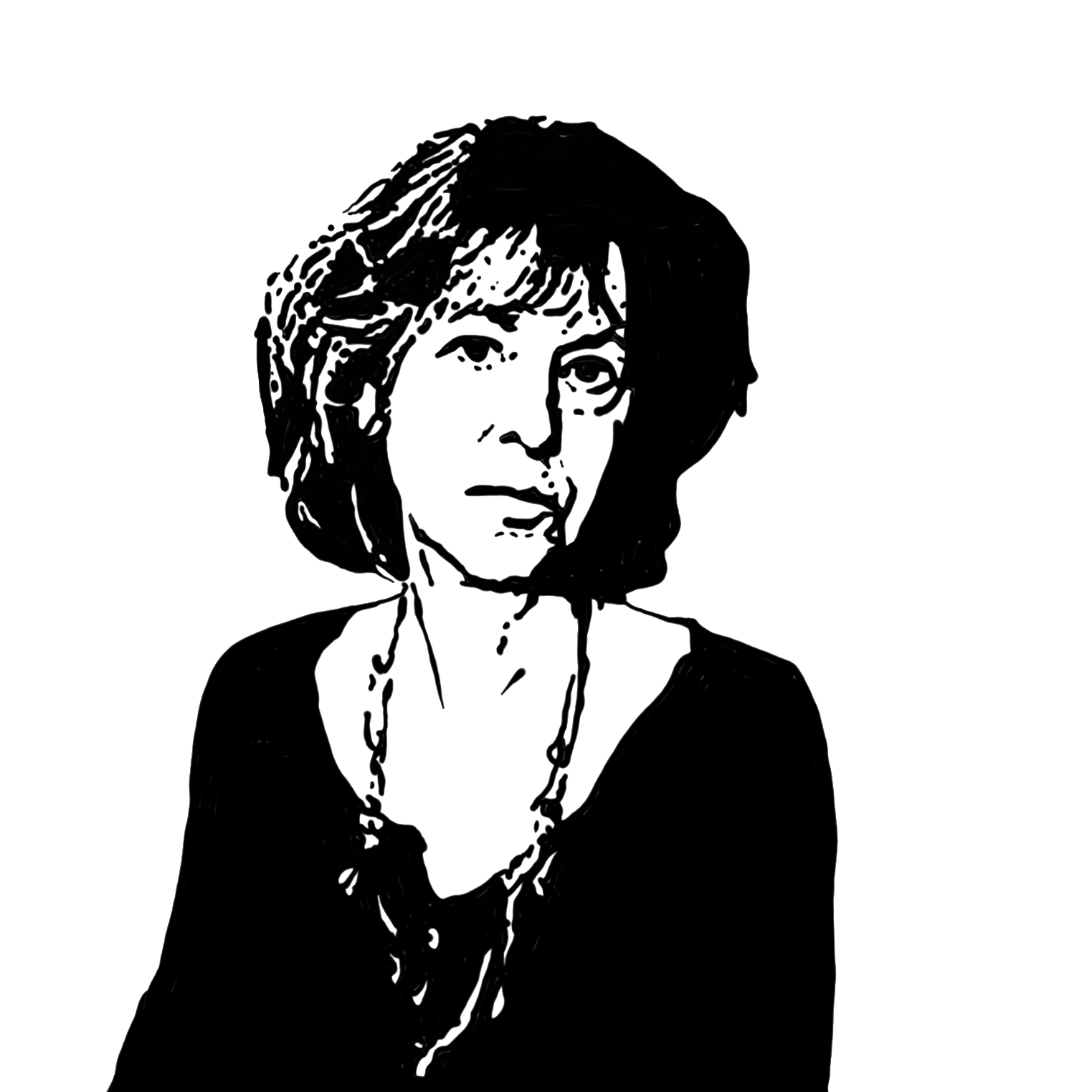
Louise Glück
What digital devices do you have access to for writing?
I have access to an iPad—but I have never written anything on it except a terse email. And I cannot bear reading poems in that form.
All answers to this questionWhat are your physical archiving conventions?
Everything from Marshland to Averno was composed on a typewriter. It's one of the reasons that my papers are not valuable, because there will be pages with little scribbles, but usually I just put in a new piece. So if somebody goes through all of these typewritten drafts, unless the person happens to know my work intimately...
All answers to this questionWhat role does correspondence play in your revision practice?
Sometimes, you'll feel these poems—if they're ever going to be understood by anyone—will be understood by X. And you're usually right—when X says, "This won't do," you trust it, because the person is basically on the side of the work. Whereas if you show it to somebody who, from the outset, says, "This is just a disaster"—you know, it's too late to unwrite it. It's going to get written, and you could suppress it if you wanted, but... So, it's shifted. I mean, there are certain people who have been constant for a very long time. Kathy Davis has been stratospherically helpful, and I like working on her novels. I learned a lot from working on prose.
All answers to this questionHow long have you been writing professionally?
I was trying to write professionally—I've been writing since I was a child. And I had a very high opinion of my early work, so I was sending books out to publishers in my early teens.
All answers to this questionWhat digital devices do you have access to for writing?
I have access to an iPad—but I have never written anything on it except a terse email. And I cannot bear reading poems in that form.
All answers to this questionWhat physical tools do you use for composition?
Well, the last couple of books, I've written a lot of it longhand, which was a great surprise, because everything up until Averno was written on a typewriter. All of the composition.
All answers to this questionWhat genres do you work in?
Poetry. I have written some essays and some forewords to books when I was judging first book prize contests. But in the main, poetry.
All answers to this questionHow did the advent of personal computing and the internet influence your writing practices?
Well, I'm epileptic and I learned, but I didn't like looking at the screen. The early computers, it was said, were not good for epileptics. ... I didn't like it. I liked paper. I liked pages. I love typewriters.
All answers to this questionWhat role, if any, do other people play in your writing?
Everything I write goes out. I want someone to look at it, preferably right away—like, now. I mean, it's certain periods, certain people. Sometimes, you'll feel these poems—if they're ever going to be understood by anyone—will be understood by X. And you're usually right—when X says, "This won't do," you trust it, because the person is basically on the side of the work. Whereas if you show it to somebody who, from the outset, says, "This is just a disaster"—you know, it's too late to unwrite it. It's going to get written, and you could suppress it if you wanted, but... So, it's shifted. I mean, there are certain people who have been constant for a very long time. Kathy Davis has been stratospherically helpful, and I like working on her novels. I learned a lot from working on prose.
All answers to this question